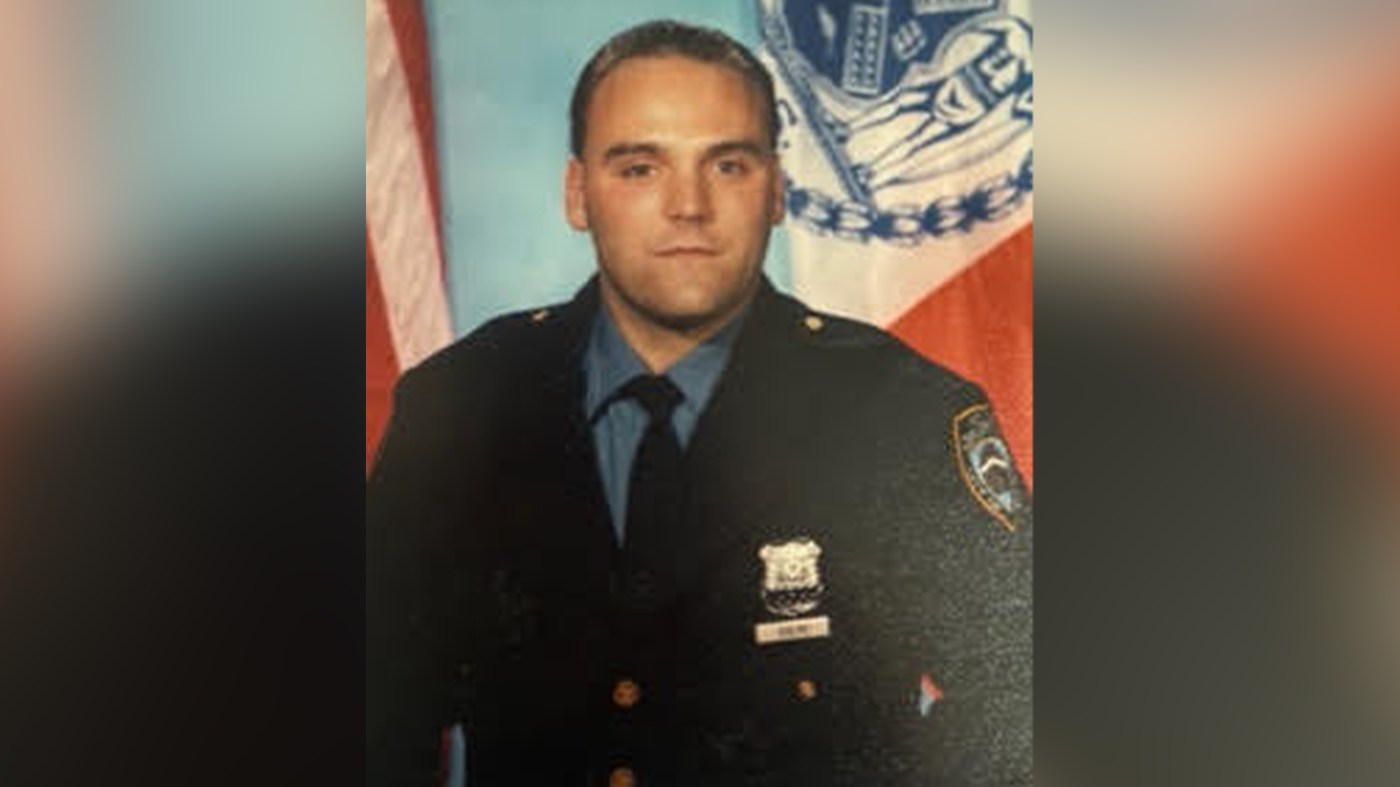URGENT UPDATE: A retired NYPD Detective, Richard Volpe, is fighting for recognition and support for his rare kidney disease linked to his work at Ground Zero after the September 11 attacks. Despite suffering from IgAN Nephropathy for over two decades, Volpe has not received assistance from the federal government due to bureaucratic complications at the CDC.
Volpe’s health deterioration, attributed to toxins at Ground Zero, has left him in limbo. “They haven’t even looked at it,” he stated regarding his unrecognized illness. “It’s crazy to even think about it.” The lack of certification from the World Trade Center Health Program has prevented him from accessing critical support services.
The turmoil at the CDC, under the leadership of Robert Kennedy, has left advocates for 9/11 responders in the dark. Since Kennedy’s appointment, communication has faltered, leading to uncertainty about the certification of new medical conditions affecting those who served at Ground Zero. Volpe, now 58, was diagnosed with IgAN in 2003, just two years after his time on the site.
Volpe recalls the harrowing experience of working the pile, stating, “After I took a shower, I needed to take a dust pan to scoop out all the soot that came off my body.” His kidneys began to fail alarmingly fast, losing 60% of their function in less than a year. Doctors, initially focused on respiratory issues, eventually pointed to the toxins inhaled during his service as the root cause of his rare illness.
Despite his efforts, including a lawsuit against the city with fellow detective John Walcott, Volpe’s illness remains unrecognized. The Zadroga Act, which he helped champion, was designed to assist first responders like him, yet his condition has not been certified. Currently, 24 other survivors have been diagnosed with the same disease, highlighting a troubling pattern that demands immediate attention.
Volpe’s ongoing battle illustrates the broader struggles faced by many first responders. “Twenty-two years is a long time to be ignored,” he emphasized. His health has deteriorated to the point where he received a kidney transplant over a decade ago, which he may soon need to replace.
As the 22nd anniversary of the attacks approaches, the silence from the CDC and the uncertainty surrounding the health of 9/11 responders raise urgent concerns. With 100,000 to 125,000 individuals exposed to the toxic environment, the case for recognizing IgAN Nephropathy as a certified condition grows stronger.
The public is urged to stay informed as advocates continue to push for recognition and support for all affected. Volpe’s story is a poignant reminder of the sacrifices made by first responders and the ongoing fight for justice and recognition in the face of bureaucratic hurdles.
